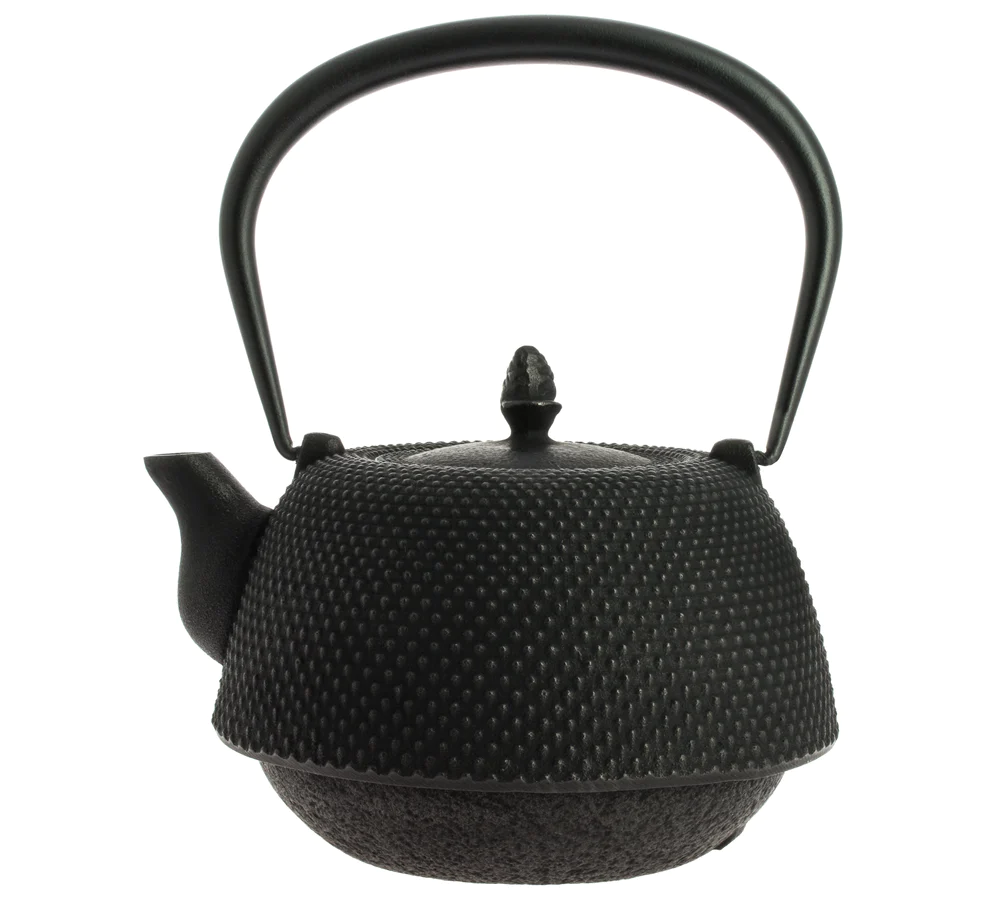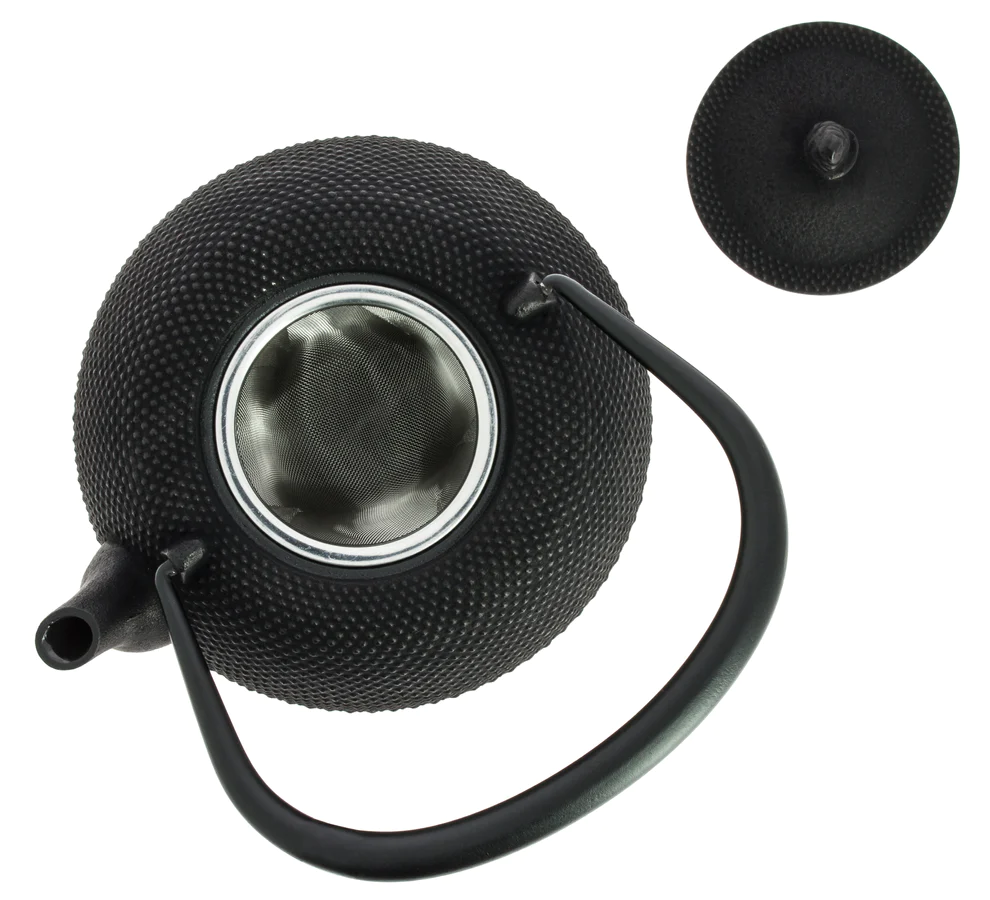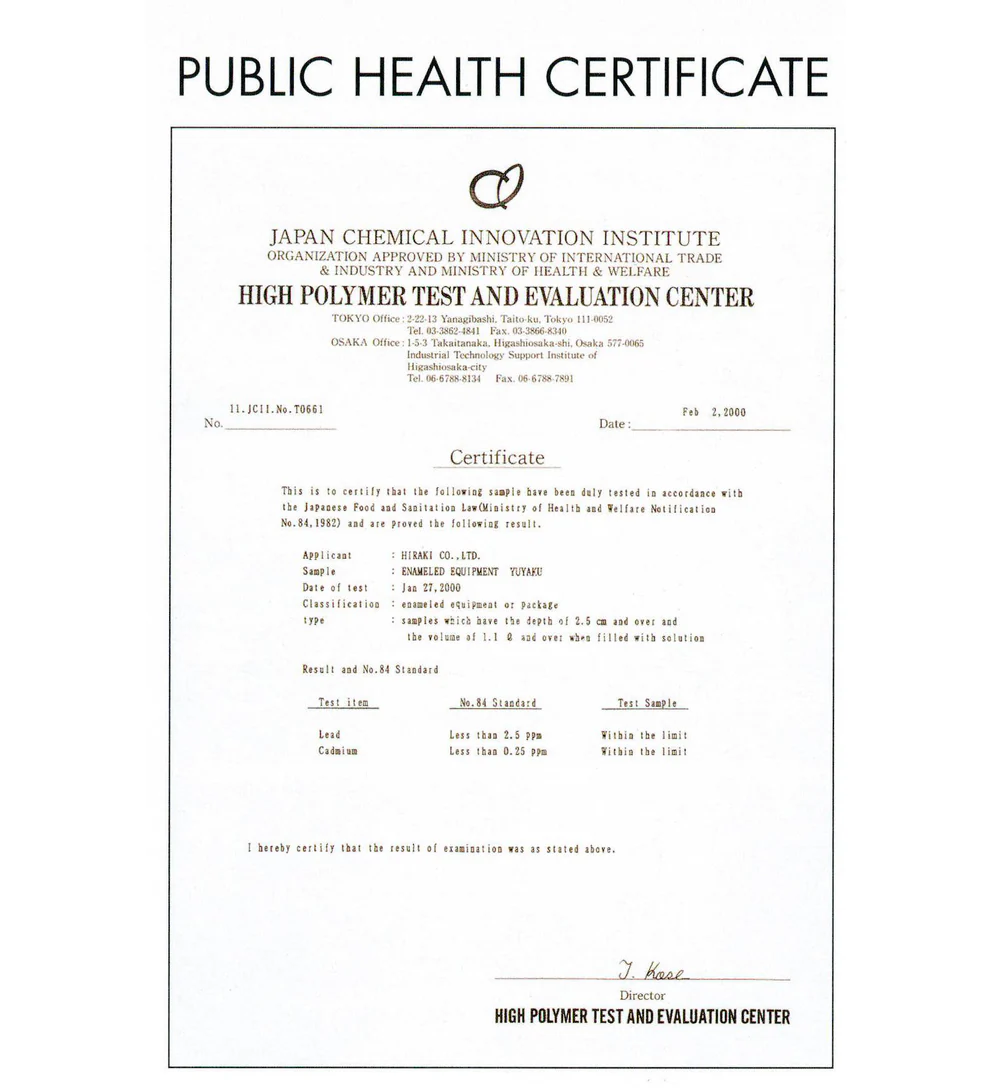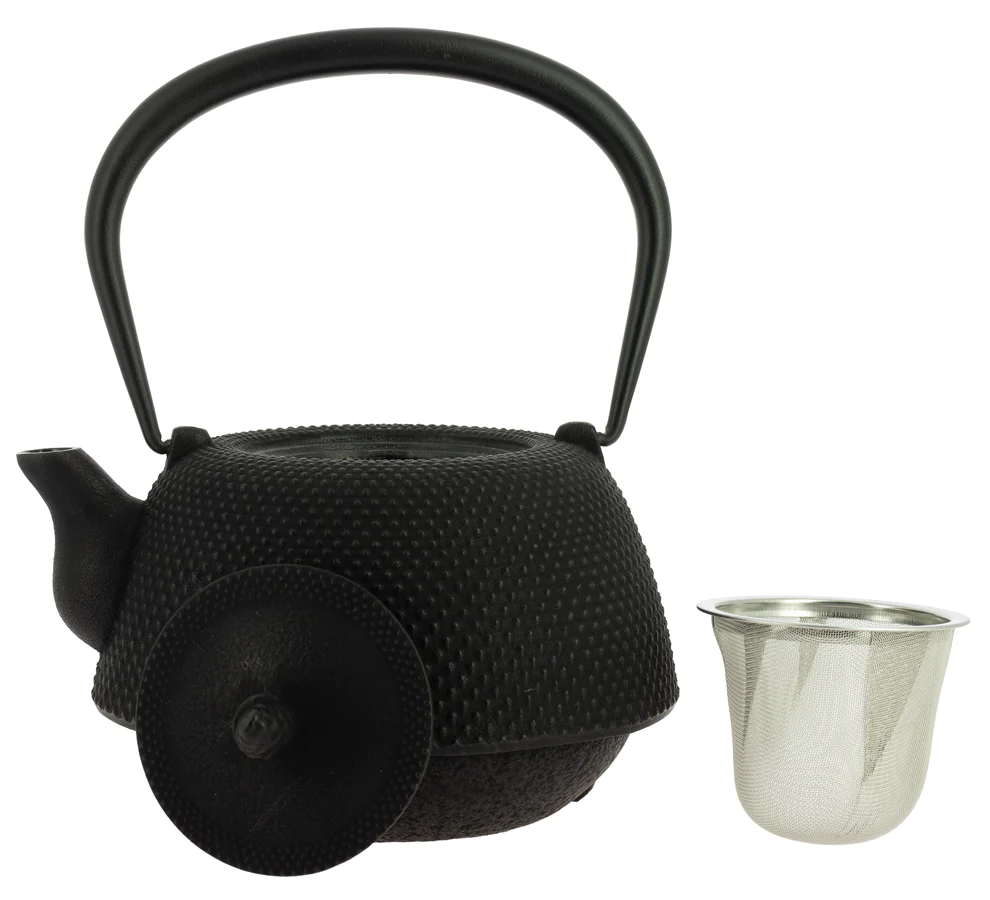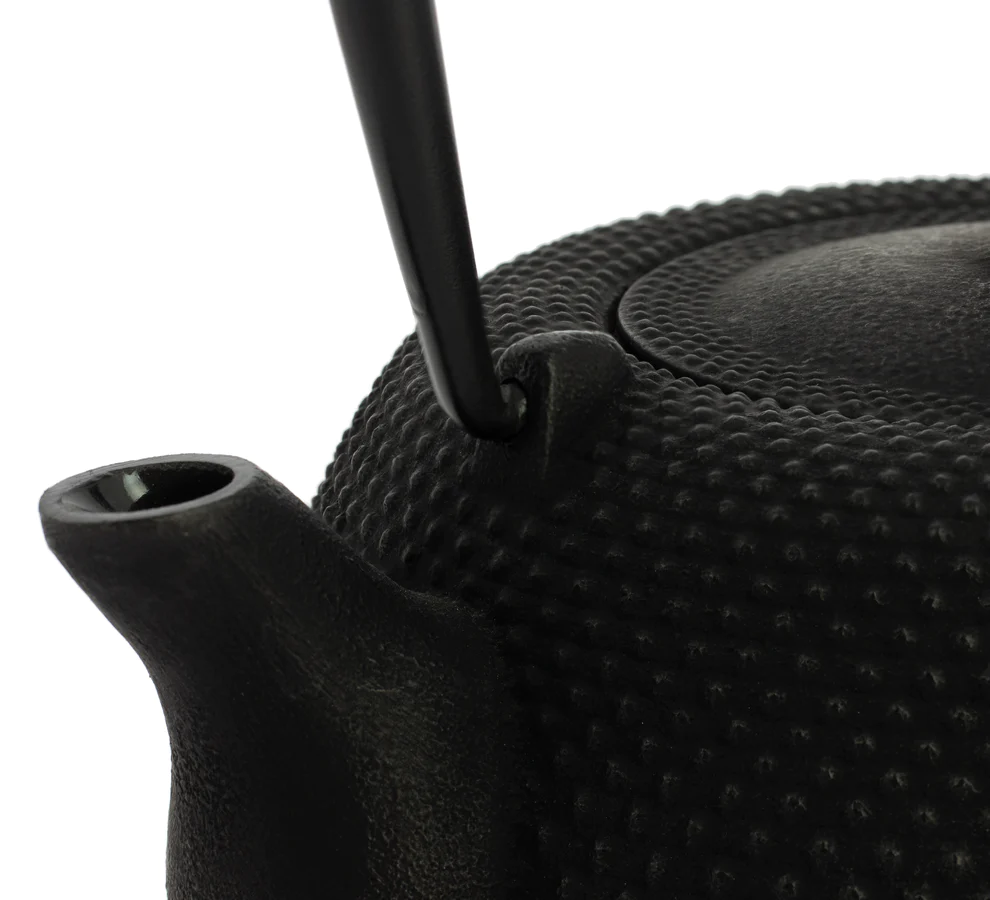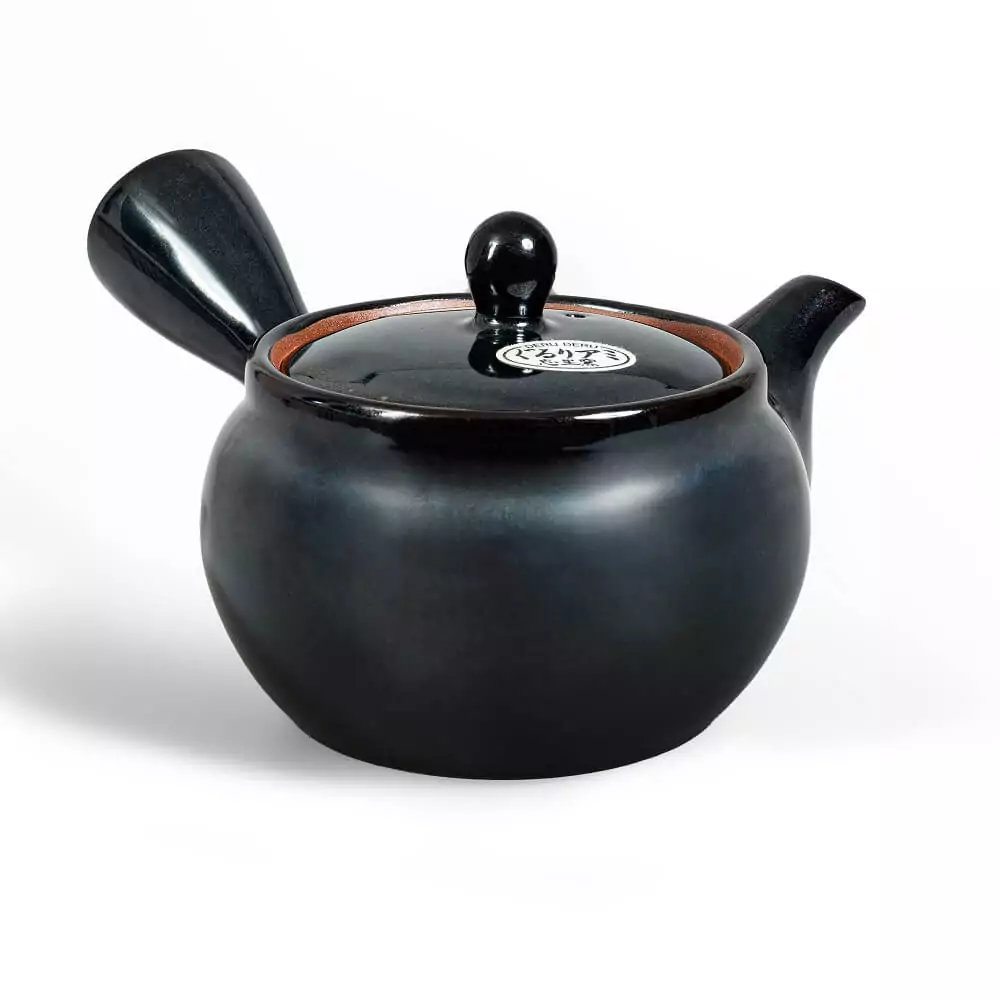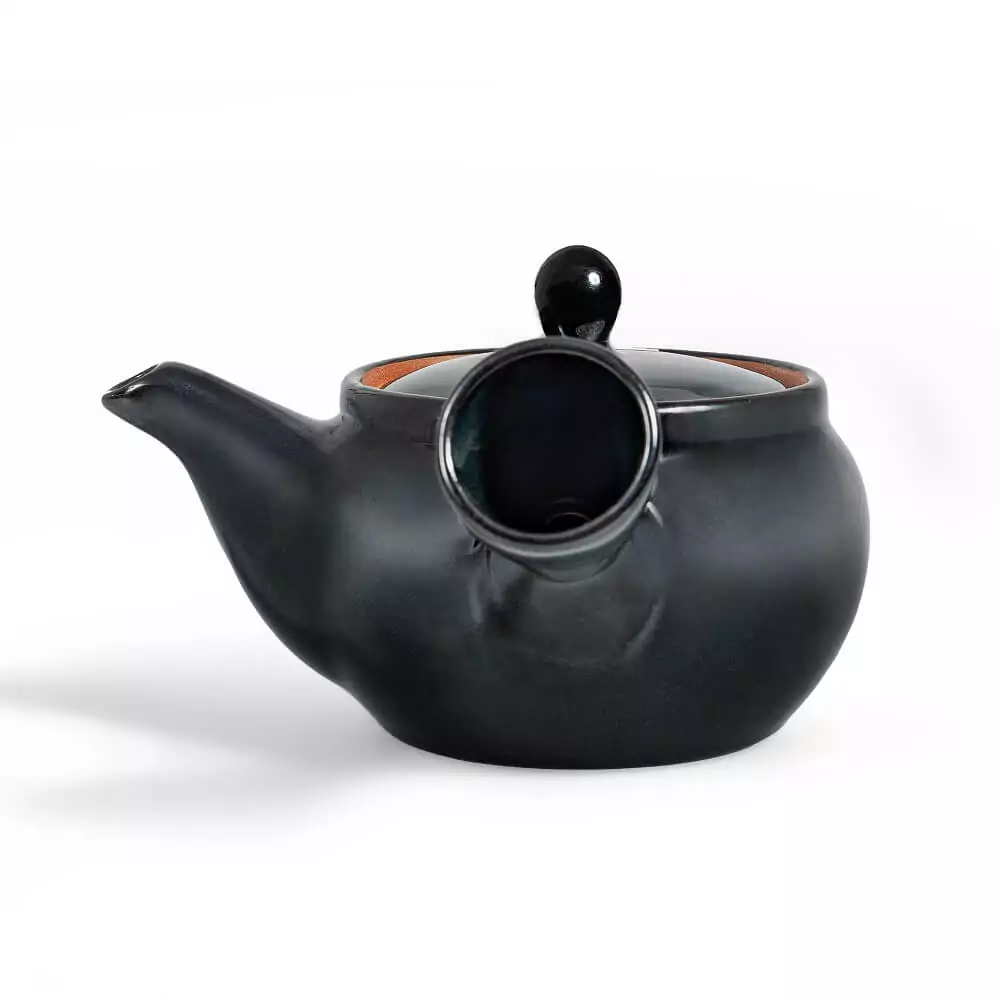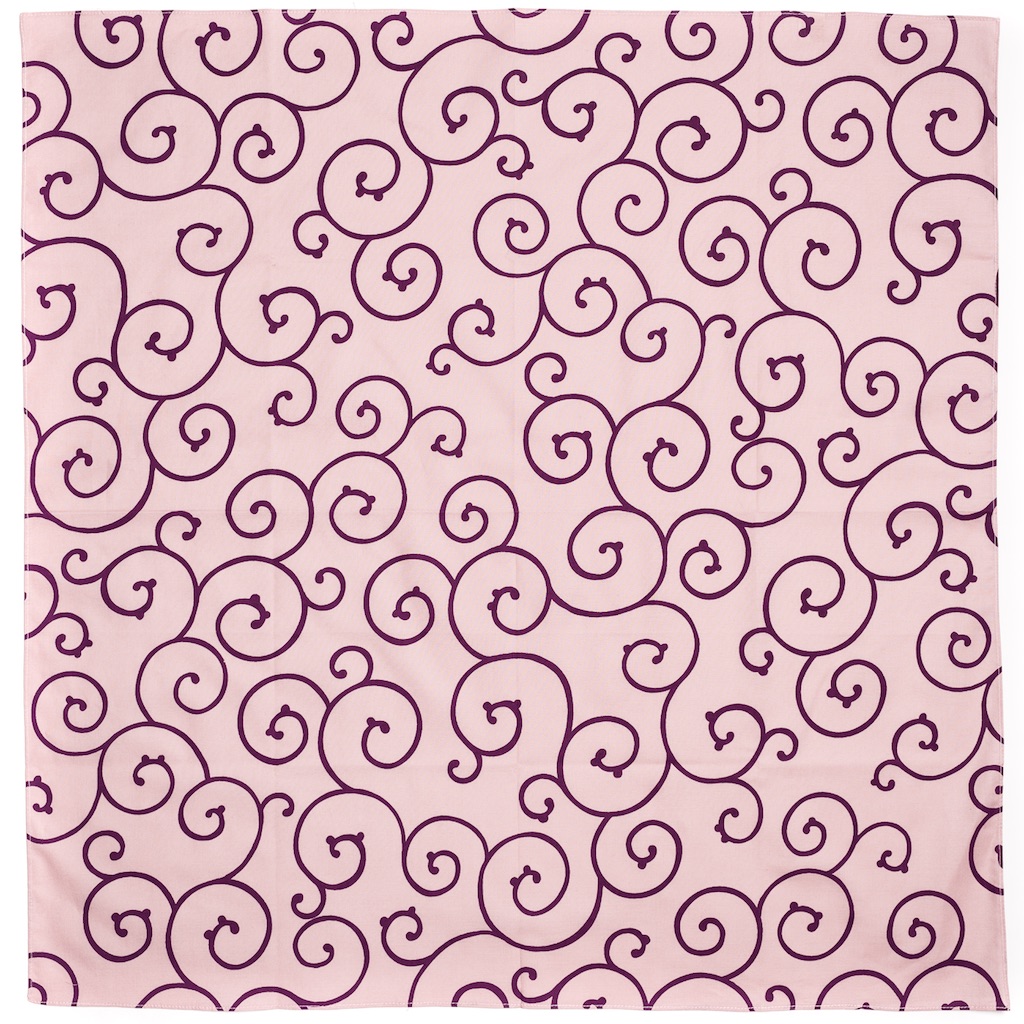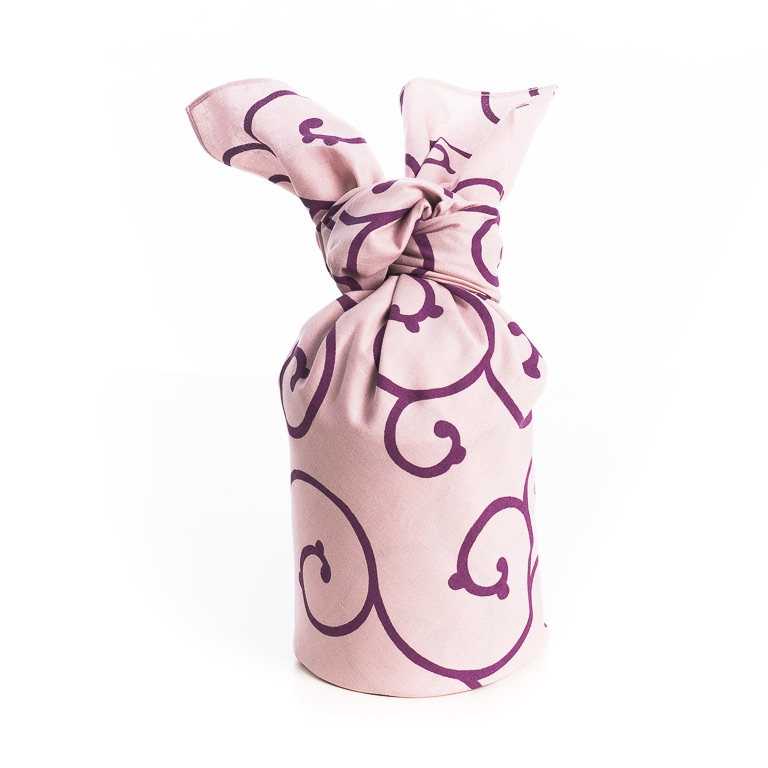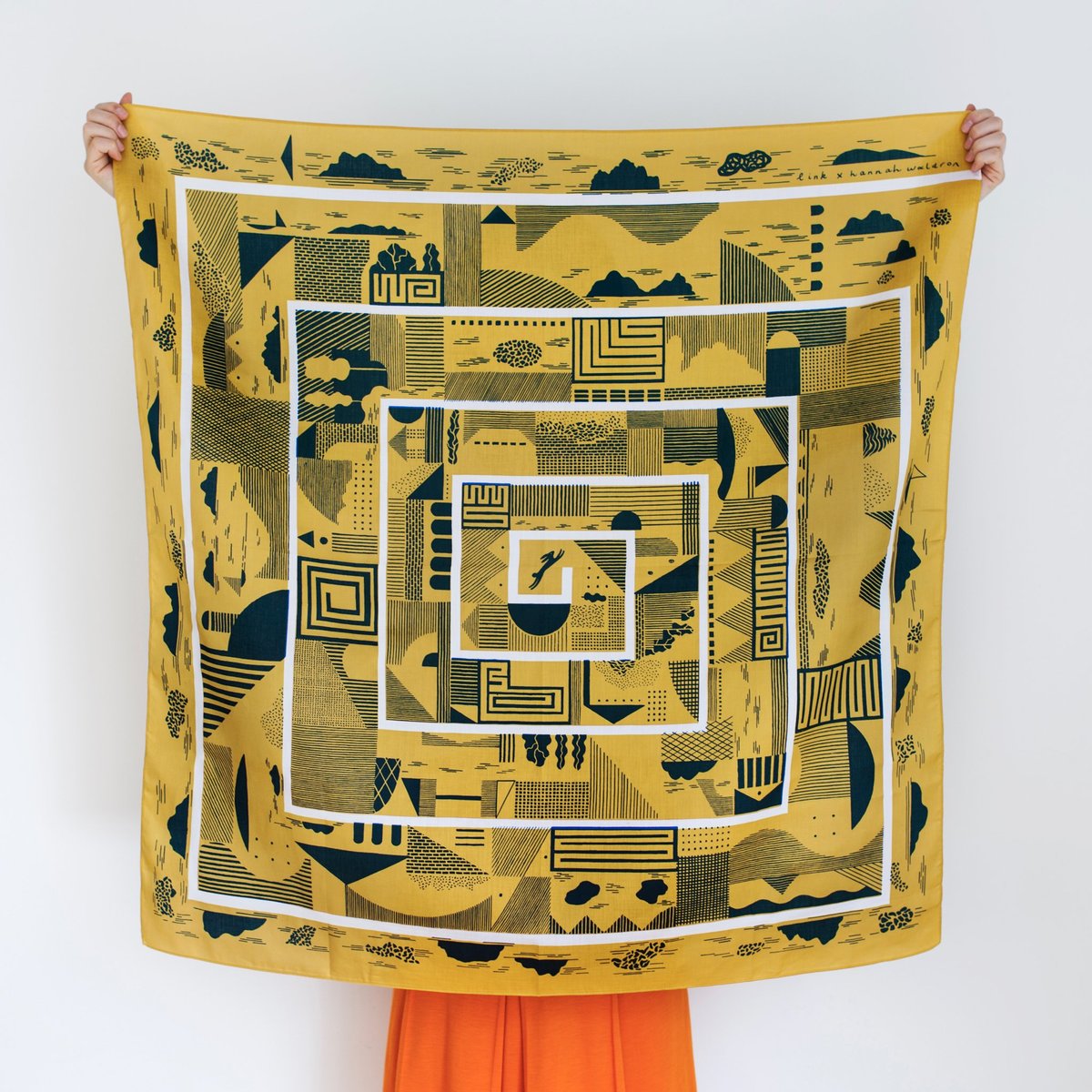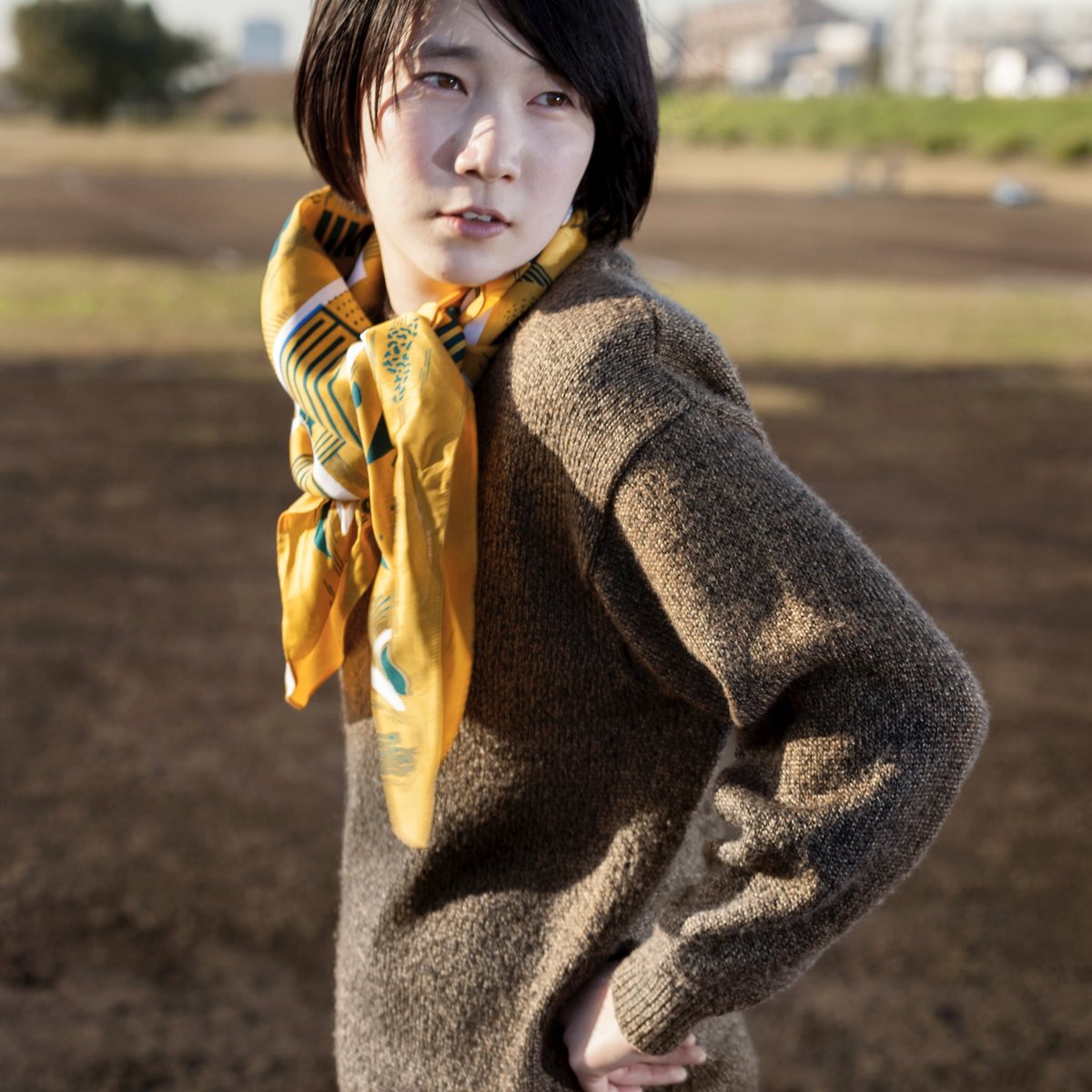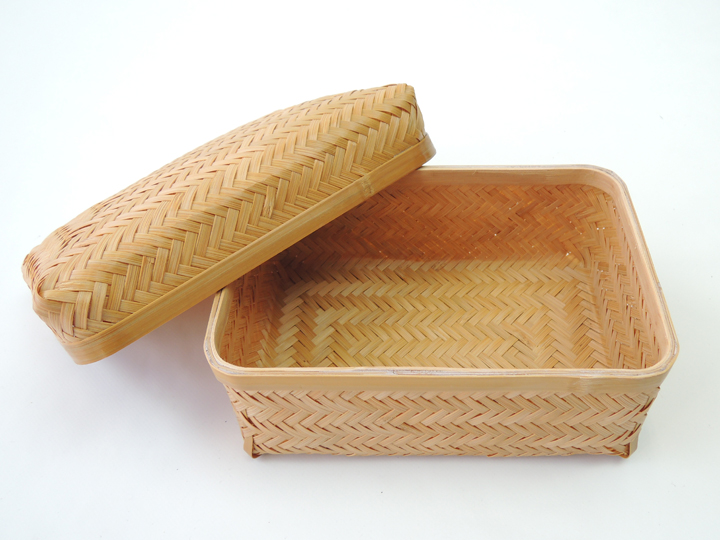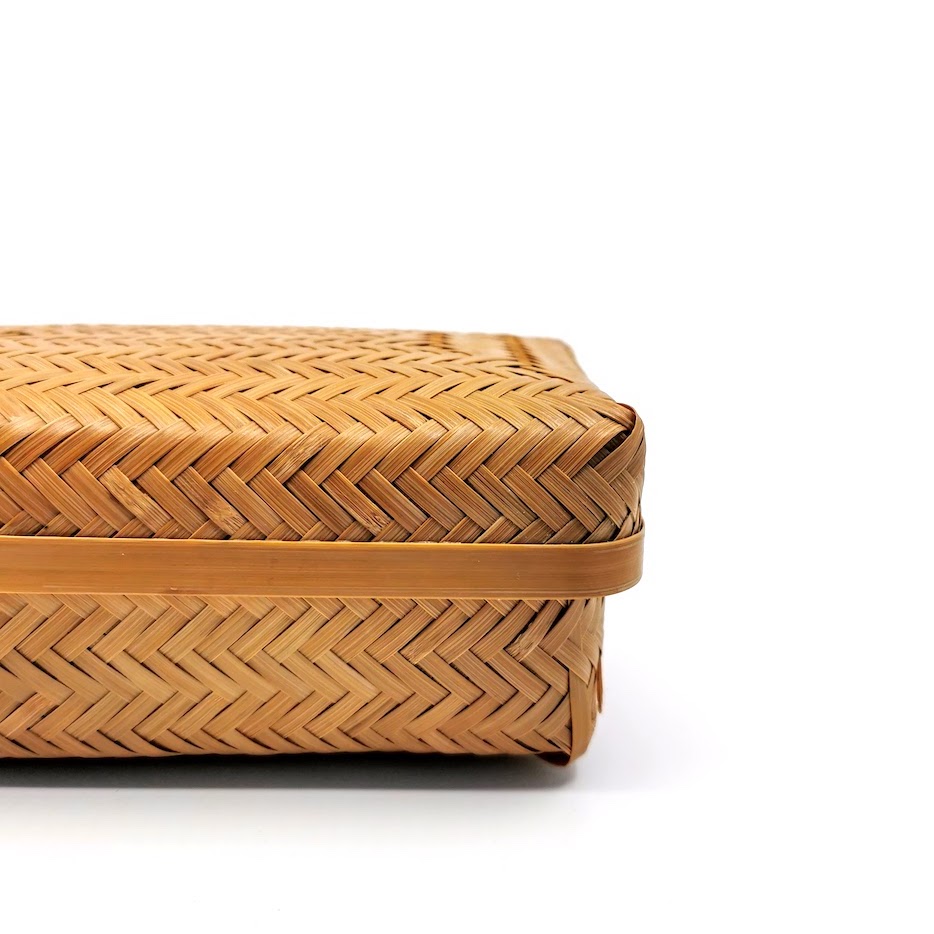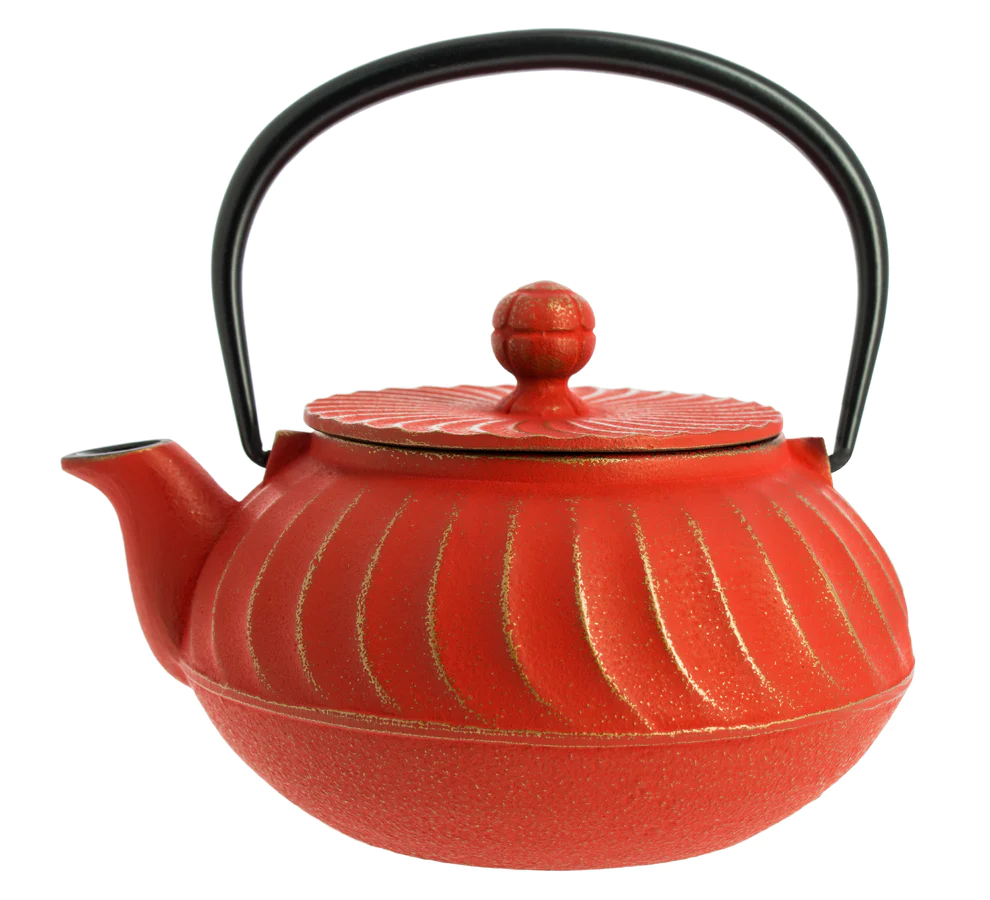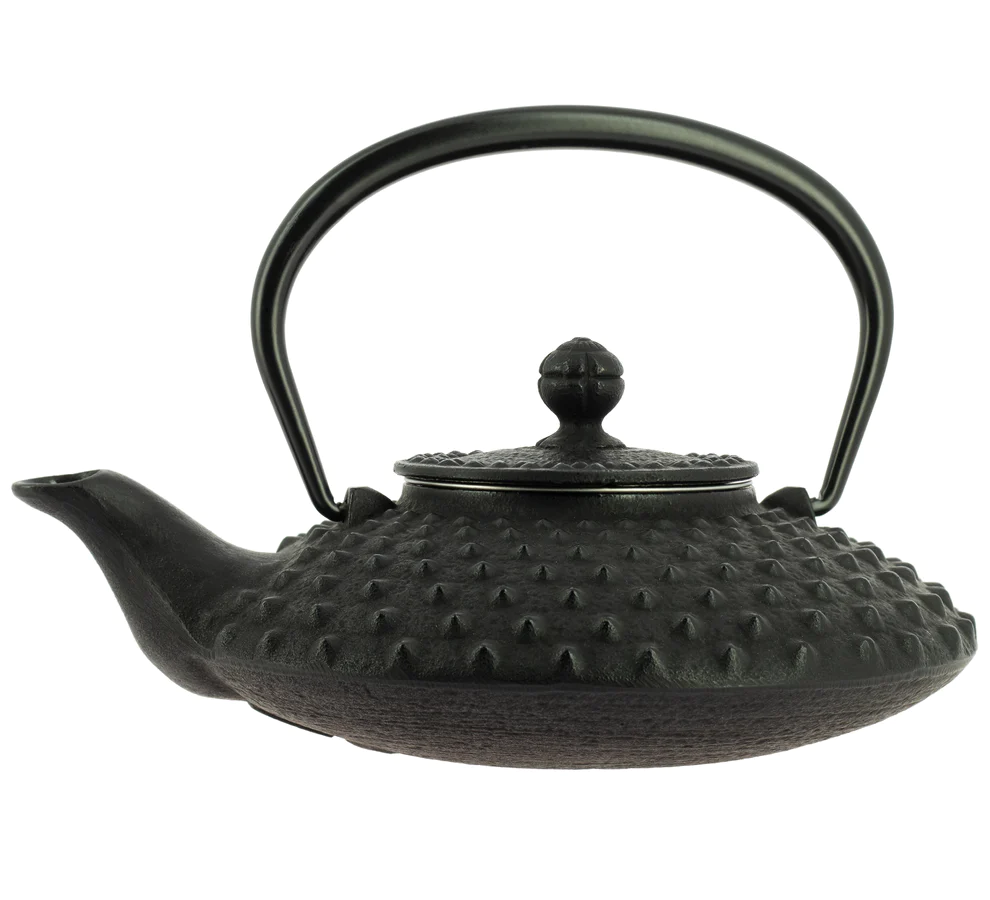Description
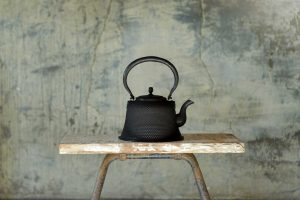
About Iwachu Iron Works
Iwachu is one of the leading Japanese manufacturers of teapots (Kyūsu) and kettles (Tetsubin). For more than 100 years, Iwachu has been manufacturing beautiful cast iron teapots, kettles and many other iron objects. Each teapot has the "Made in Japan" logo and Iwachu symbol engraved as a guarantee of quality and genuine origin. The Iwachu brand was founded in 1902 by Sueyoshi Iwashimizu, who was born in Iwate Prefecture, Japan. Iwate is the largest region in Japan producing cast-ironware called Nambu or Nanbu Tekki (depending on the translation).
The meaning the Arare pattern
The surface of the teapot is decorated with the classical Arare design, one of the most traditional patterns for high-quality teapots and kettles. "Arare" means "hail" in Japanese (霰), which may accompany the change of season between winter and spring.
This traditional cast iron teapot (Kyūsu) has been manufactured in Morioka, Japan by the renowned Iwachu family company. The stainless steel filter fits perfectly inside and is ideal for steeping loose-leaf tea. This pot is probably one of the highest quality teapots on the market that is manufactured by hand by experienced Japanese craftsmen using traditional techniques. With proper care, this teapot can pass on for generations.
How to take care of a cast iron teapot
- Never put the teapot directly on the fire, otherwise the enamel can be damaged (peel off)
- The teapot is not suitable for the microwave or dishwasher
- Clean the pot only with water and do not use abrasive materials that can damage the enamel (luffa is fine)
- The iron gets very hot, if you place it directly on the table or tray, it may cause scratches or black spots -- we recommend using a coaster
- Make sure to dry it properly after each use, otherwise it might get rusty
- Cast iron products may rust if left moist, but iron rust is not harmful to health, you can still use it without worries
- If the tea leaves stick to the inside of the teapot due to long-term use, add hot water and wait a while, then wash with a neutral detergent using a soft sponge
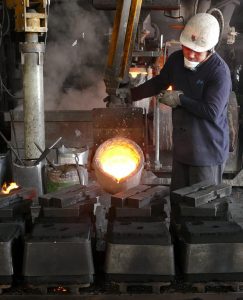
A sophisticated manufacturing process
Cast-iron teapots and kettles have been used for more than 400 years in Japan. They are made by a master craftsman known as a “kamashi”. At Iwachu, 15 years of apprenticeship is required to become a full-fledged craftsman and 30 to 40 years to become a "Kamashi" master craftsmen. There are about 65 steps needed to make one cast-iron pot; the process takes about three full weeks to complete. Most of these steps are done manually by hand. This handcrafted process (Kamayaki technique) can be summarized as follows:
- Interior and exterior molds are prepared
- Molten iron is poured into the mold
- Once cooled, the mold is broken, the teapot is removed and the edges are filed
- The interior part is enameled
- The exterior surface is painted with Ohaguro (natural mixture)
- Once dry, it is packaged carefully
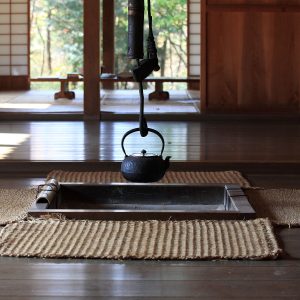
The history of teapots in Japan
1,200 years ago, priest Saicho brought the first batch of tea from China to Japan. Kissa Yokoji wrote in 1191: "Tea is a miraculous medicine for health and an elixir for long life. In ancient and modern times, tea is the elixir that guides us on the path of immortality". At first, it was a drink linked to nobility but during the Edo period (1603 -1868) tea ceremonies and all the related elements such as cast iron teapots, became popular throughout Japan. Today, green tea is part of the soul of Japan and it is savored at any time of the day.


